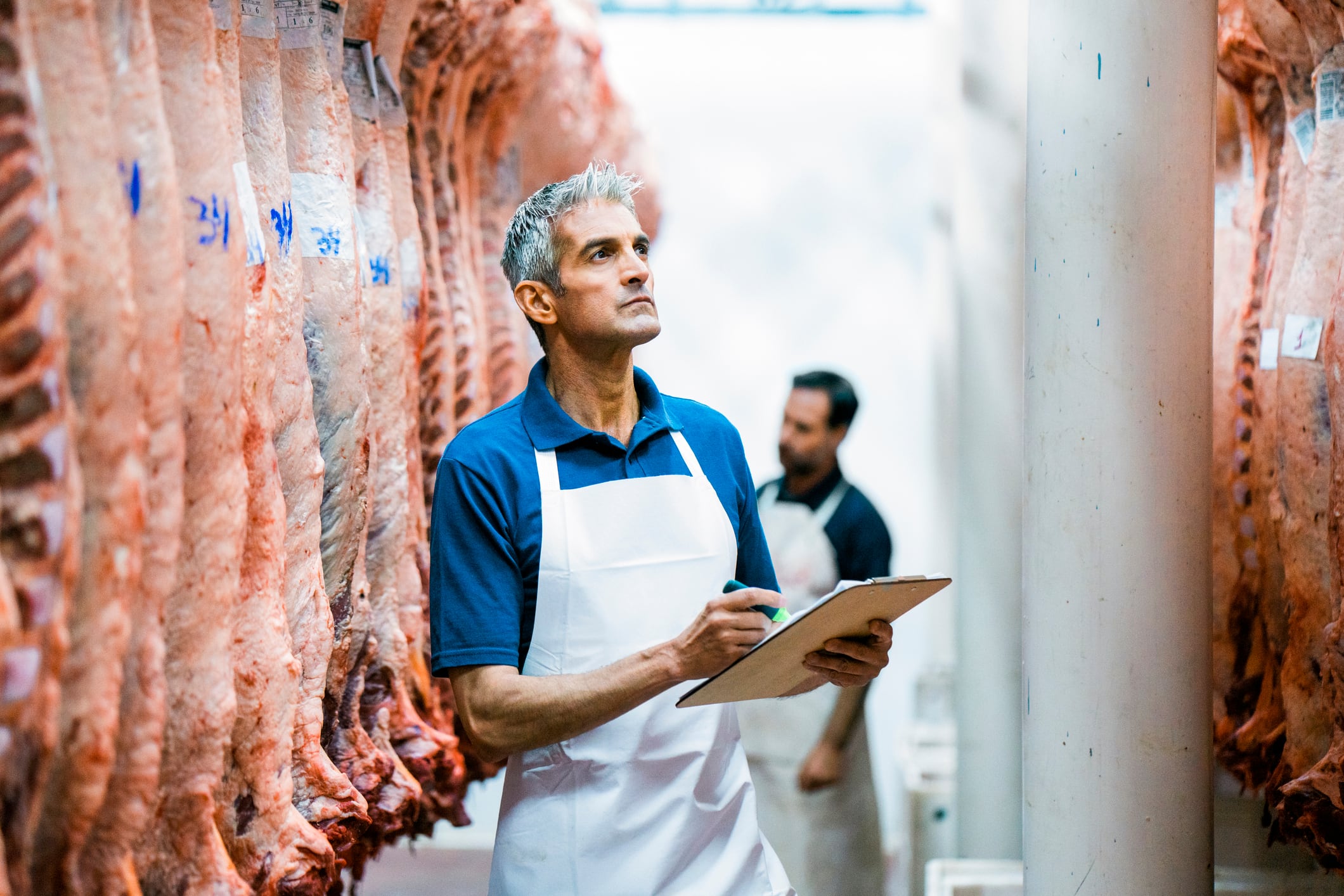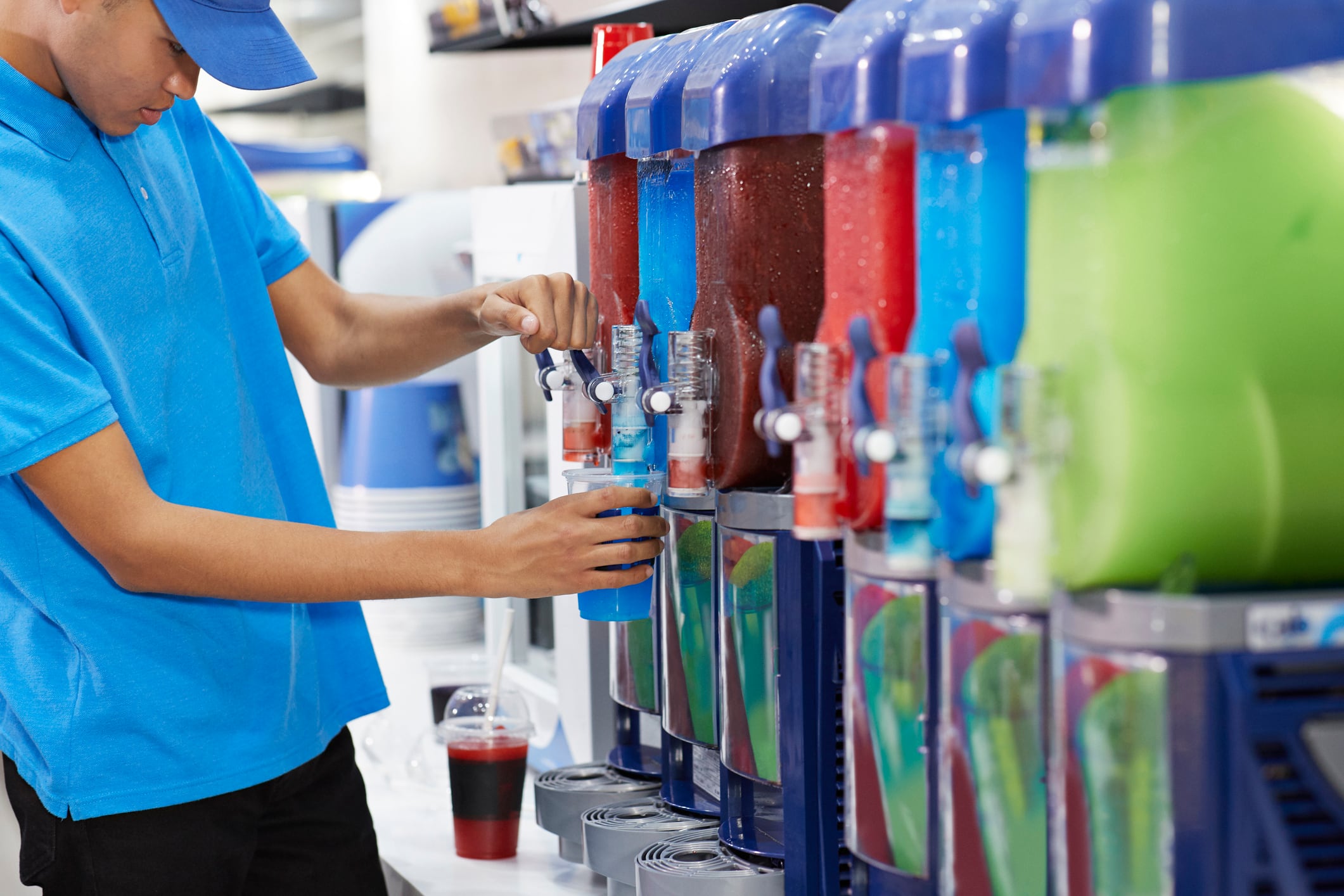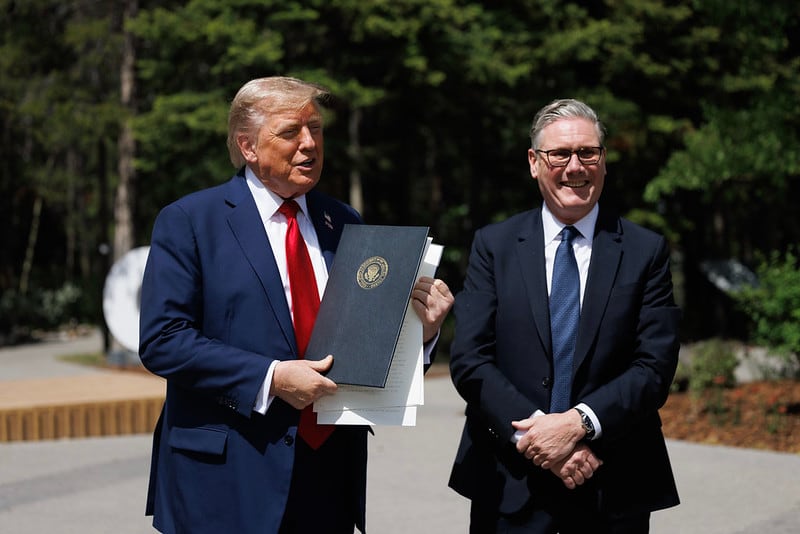In a board meeting held yesterday (18 June), the Food Standards Agency (FSA) reviewed the future of its Meat Charging Discount Regime.
What is the Meat Charging Discount Regime?
As required by the Official Controls Regulations (OCR), the FSA verifies compliance with food safety legislation in meat premises across England, Wales and Northern Ireland. These costs are recovered through a charge to the industry – colloquially known as ‘meat charging’.
The FSA has been providing a taxpayer-funded discount on these charges for abattoirs and game handling establishments. For England and Wales in 2025/26 the total discount amounts to £14.9 million, with industry paying around 75% of the £58.9 million total estimated costs.
HM Treasury (HMT) guidance and equivalent guidance in Wales and Northern Ireland states that where a public body charges for services it should be recovered, with any kind of discount needing to be agreed by Ministers. In other words, to continue offering the discount, the FSA needs the approval of Ministers in Westminster, Wales and Northern Ireland that there is sufficient reason to do so.
Charges rise
This review of the discount comes as the FSA confirmed an increase in rates for the inspections.
The hourly rate for OVs (official veterinarians) has risen by 17.7% from £56.00 per hour to £65.90 and the hourly rate for MHIs (meat hygiene inspectors) by 11.3% from £38.80 to £43.20.
Associations within farming and meat raised, including the Association of Independent Meat Suppliers (AIMS) and the British Processors Association (BMPA) raised concerns over the increases alongside the proposals to reduce the aforementioned discount, stating that this will add further strain to meat companies already operating on wafer thin margins (often less than 2% by BMPA’s calculations).
To this end, in March 2025, AIMS launched a legal challenge against the FSA challenging the rise in charges.
So…what has been decided on discounts?
In its meeting, the FSA board agreed that the discount is important for smaller businesses, but it also discussed how support could also be altered to recognise other factors such as compliance in the future. In short – nothing yet has been set in stone.
Summarising the meeting, Susan Jebb, chair of the FSA said: “Our vital food safety and animal welfare checks, which are required by law, play a crucial role in protecting public health and supporting exports. For many years we’ve provided support for abattoirs via a discount on our charges, which we’re currently evaluating.
“Evidence presented to the Board, gathered through extensive engagement and economic analysis, showed that smaller business face a disproportionately greater cost of regulation and the importance of the discount to their viability. The Board acknowledged the value of continued support for small and some medium-sized abattoirs in the interests of consumers, businesses, and the wider rural economy.
“The Board discussed how this support could also be targeted to recognise the importance of other factors including compliance to standards, animal welfare and innovation and asked officials to continue to engage with stakeholders to develop proposals for a potential new scheme.
“We will revisit this in a future Board meeting to determine our final advice to ministers, who will ultimately take a decision on the future of any support.”





